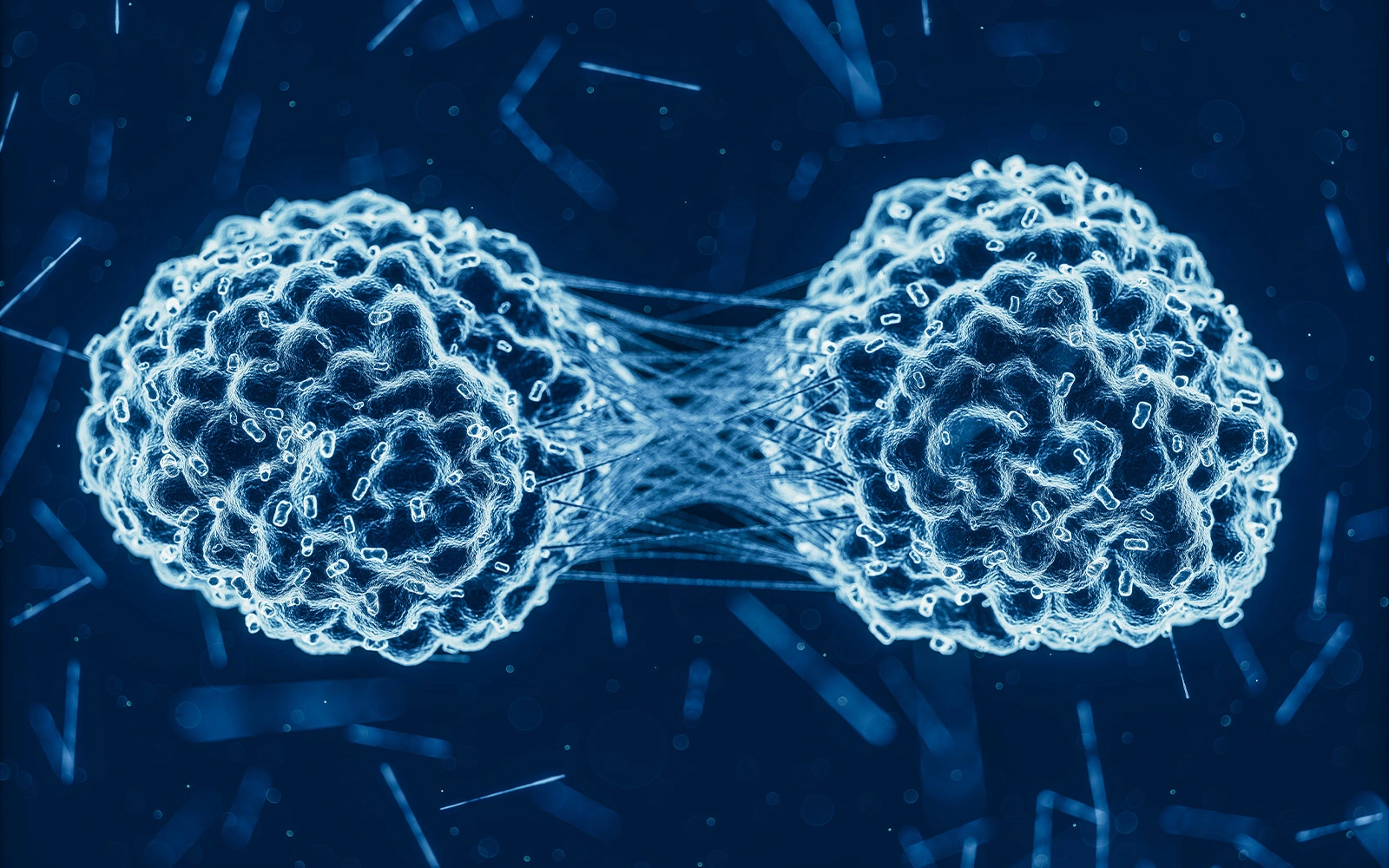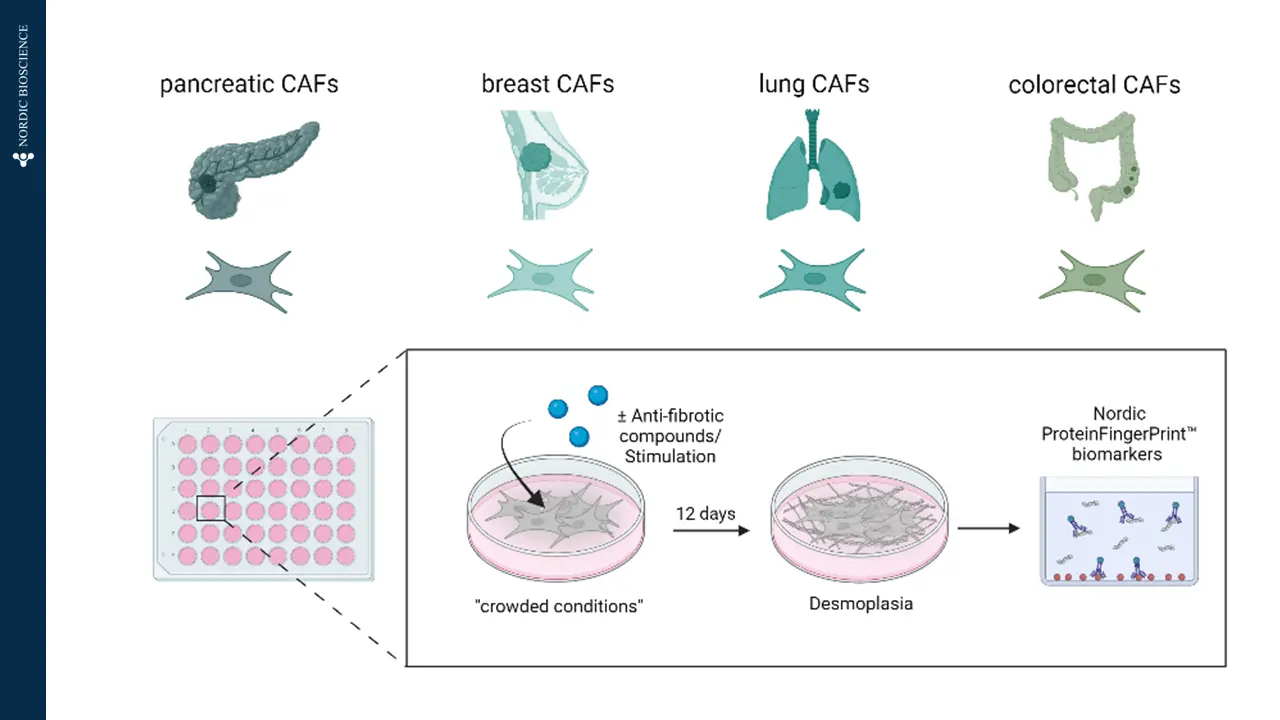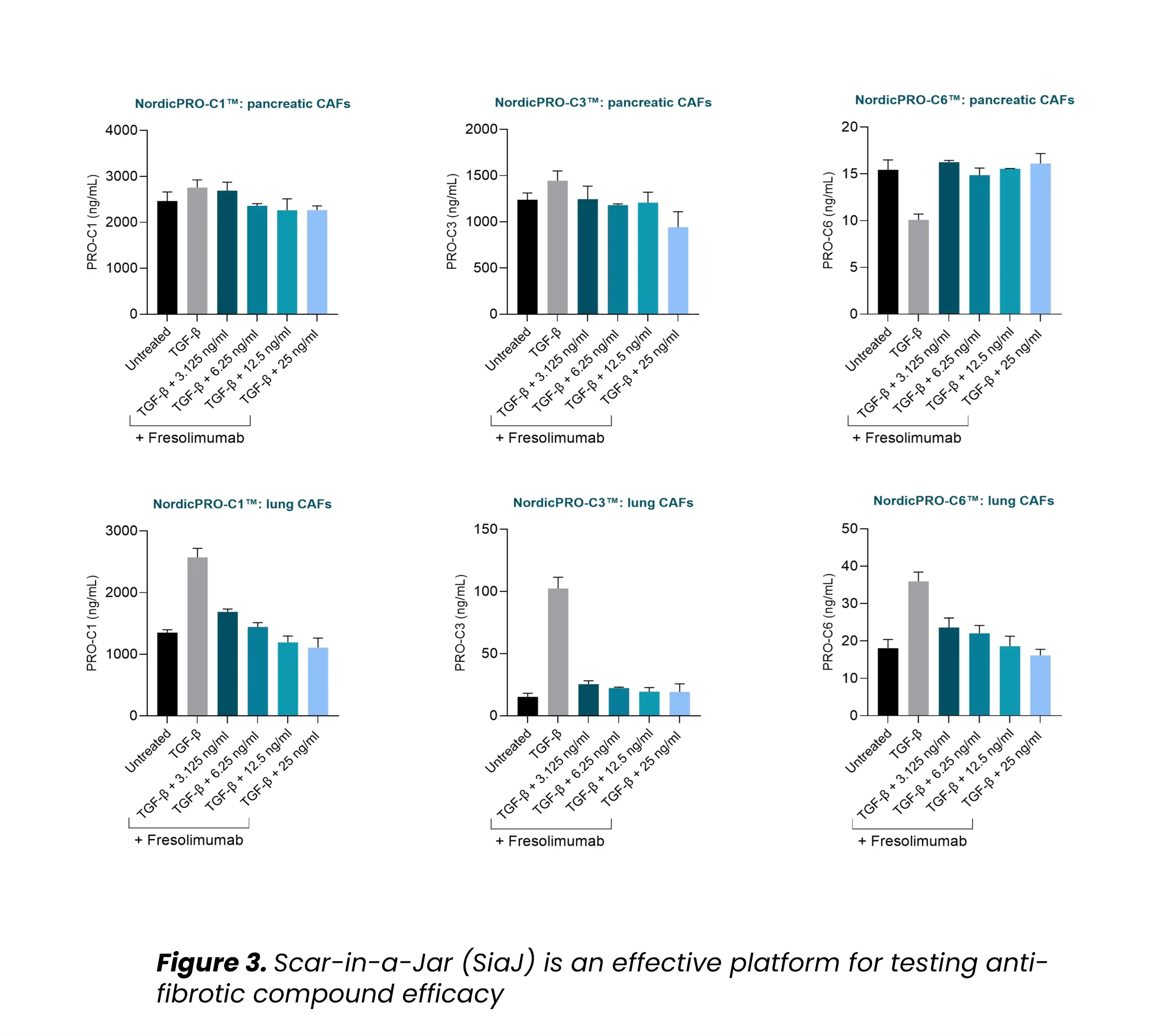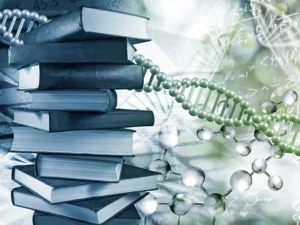Cancer-associated fibroblasts (CAFs) play a crucial role in creating a pro-tumorigenic microenvironment by altering extracellular matrix (ECM) deposition and remodeling (desmoplasia).
This dense stroma can enable cancer cells to evade growth suppressors, promote invasion and metastasis, act as a barrier to drug diffusion, and reduce immune responses. As such, targeting CAFs and CAF-derived ECM presents a promising strategy for optimizing cancer therapies.
However, the heterogeneity of CAFs within and between individual tissues—including their collagen production and contribution to desmoplasia—poses significant challenges to this approach.







